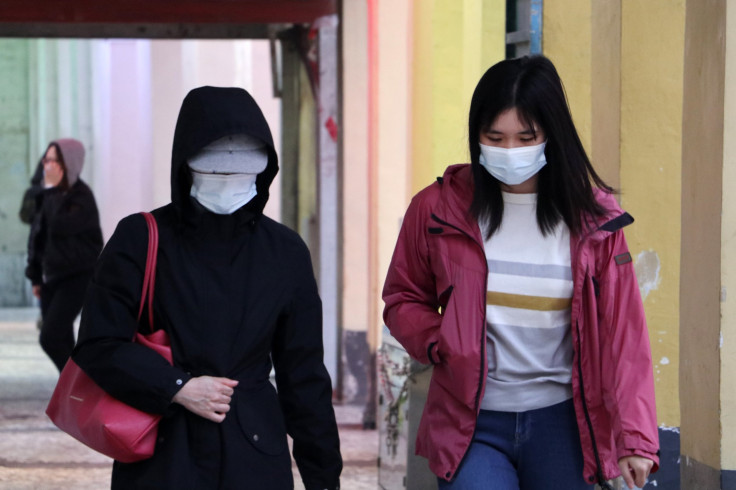
Even as more than half of 2020 has been devoted to decoding the pattern of the COVID-19 virus, experts have been coming across new symptoms, the latest being the signs of extensive heart damage in recovered patients.
Initially, the coronavirus was believed to be a respiratory illness but with time it has become apparent that it attacks and damages much more than just the lungs. As per two new studies conducted in Germany, it has been found that the virus can leave lasting heart damage, even in those who had seemingly recovered from the initial symptoms of COVID-19.
Of the two studies, one was published in JAMA Cardiology and focused on recovered patients of coronavirus. Cardiac MRIs from 100 recovered COVID-19 patients, between the ages of 45 to 53, were compared to MRIs of people who did not contract the virus. It found that three-quarters of the number of patients observed had structural changes to their hearts, even two months after they had completely recovered.
Of those observed, 78 were found to have structural changes to their hearts, 76 had a biomarker (found in heart attack patients), and 60 had heart inflammation. The patients were all “mostly healthy … prior to their illness,” the researchers said.
"The patients and ourselves were both surprised by the intensity and prevalence of these findings, and that they were still very pronounced even though the original illness had been by then already a few weeks away," said study co-author Dr. Valentina Puntmann, a consultant physician, cardiologist and clinical pharmacologist at University Hospital Frankfurt in Germany.
The second research studied the autopsy reports from 39 COVID-19 victims between the age of 78 and 89 years old and found that 41% had suffered damages to their heart.
“We see signs of viral replication in those that are heavily infected,” explained study co-author Dirk Westermann, a cardiologist at the University Heart and Vascular Centre in Hamburg. “We don’t know the long-term consequences of the changes in gene expression yet. I know from other diseases that it’s obviously not good to have that increased level of inflammation.”
© 2025 Latin Times. All rights reserved. Do not reproduce without permission.



